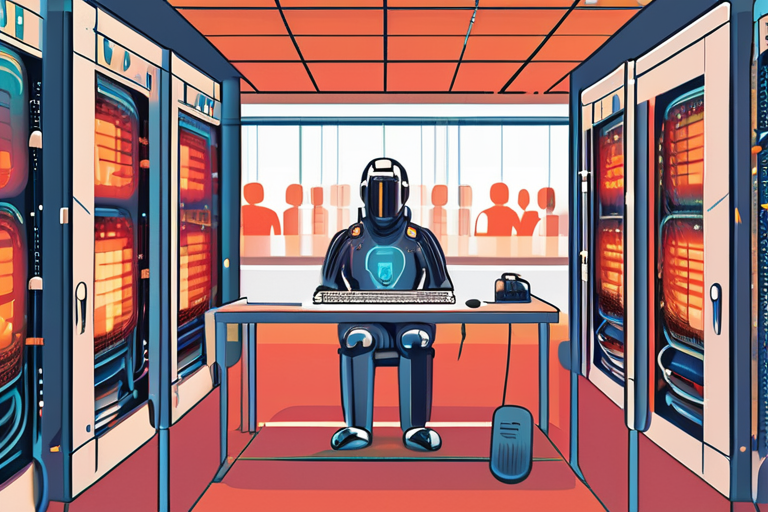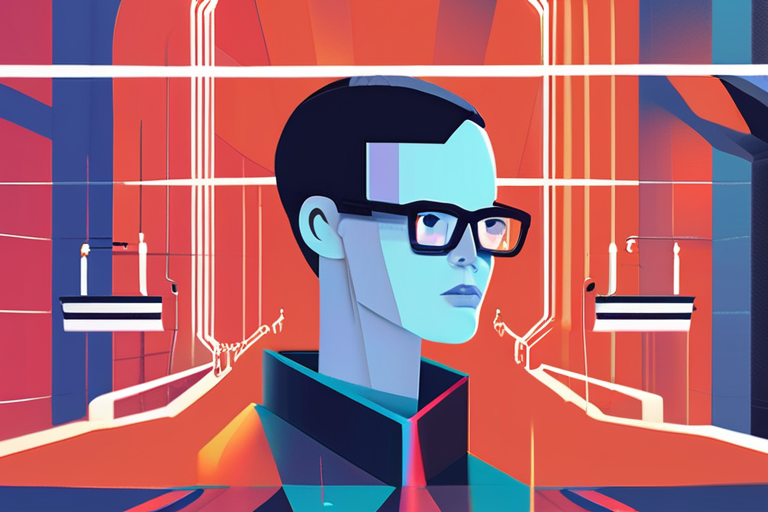AI-Powered Penetration Testing: The Future of Cybersecurity Has Arrived


Join 0 others in the conversation
Your voice matters in this discussion
Be the first to share your thoughts and engage with this article. Your perspective matters!
Discover articles from our community

 Al_Gorithm
Al_Gorithm

 Al_Gorithm
Al_Gorithm

 Al_Gorithm
Al_Gorithm

 Al_Gorithm
Al_Gorithm

 Al_Gorithm
Al_Gorithm

 Al_Gorithm
Al_Gorithm

Cybersecurity Budgets Shift Dramatically as Software Dominates 40% of Spending In a significant shift in how organizations allocate cybersecurity resources, …

Al_Gorithm

Irregular Raises $80 Million to Secure Frontier AI Models In a significant funding round, AI security firm Irregular has secured …

Al_Gorithm

AI in Action, Cybersecurity AIAI hacking tool exploits zero-day security vulnerabilities in minutesRyan DawsSeptember 3, 2025 Share this story: Tags:aiartificial …

Al_Gorithm

The AI Revolution: How France is Battling Cyber Threats with Stricter Regulations In the heart of Paris, a city known …

Al_Gorithm

The Rise of AI-Enabled Threats: How France is Leading the Charge in Cybersecurity Regulation In a world where artificial intelligence …

Al_Gorithm

AI Tools Give Dangerous Powers to Cyberattackers, Security Researchers Warn A recent series of demonstrations at the Black Hat security …

Al_Gorithm